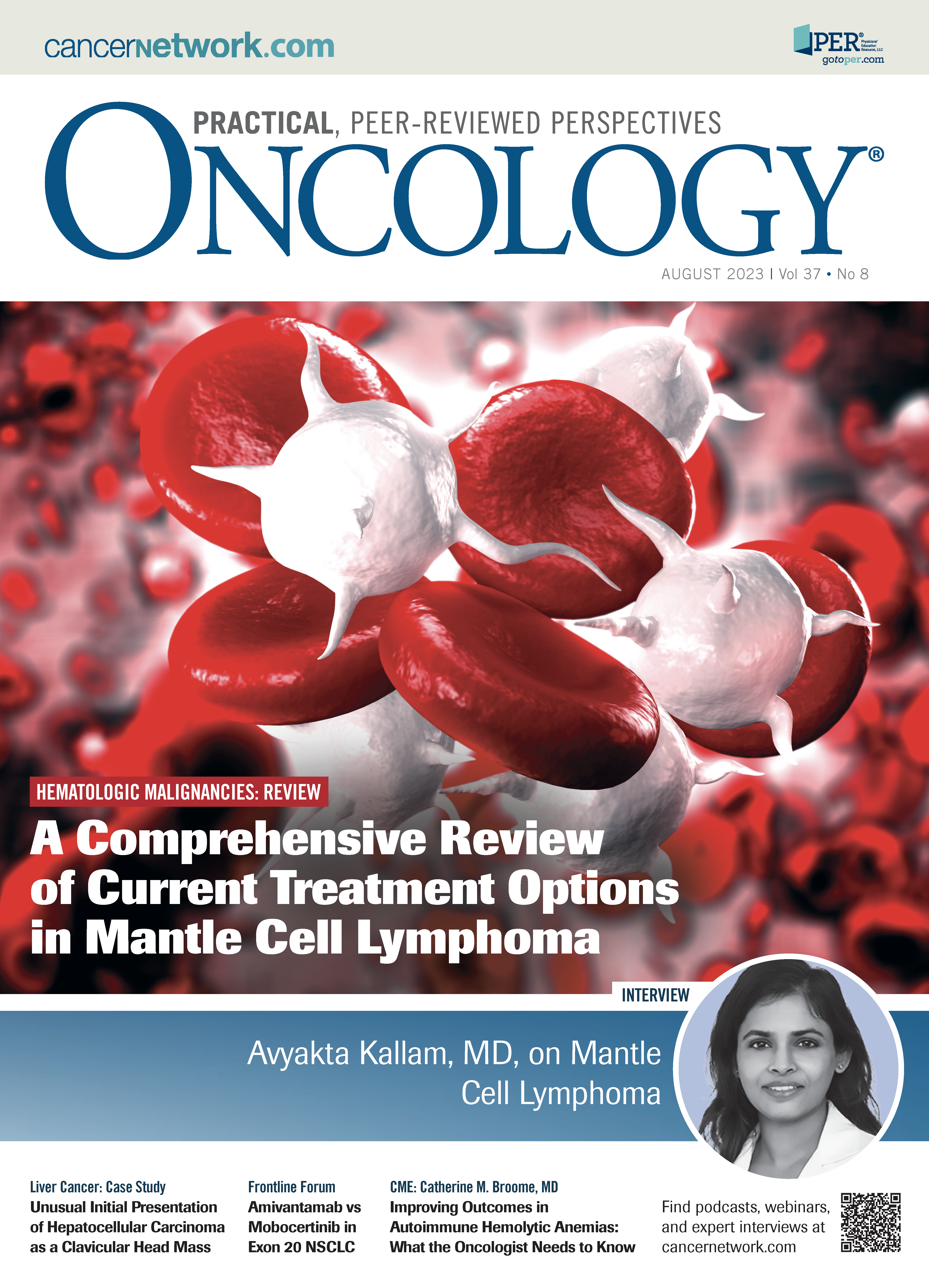Drug Shortages: What Can Be Done to Alleviate Them?
In the August Letter to Readers, Julie M. Vose, MD, MBA, discusses the recent cisplatin shortages and how this can be mitigated in the future.
Oncology drug shortages have been a chronic issue for decades in the United States. In retrospect, the shortages seem to be cyclical, occurring about every 8 to 10 years. From 2001 to 2011, 58 drugs were classified as under a shortage. However, in 2011, there was a marked increase—with 267 agents on the shortage list. There seemed to be a decrease in the shortage issues from 2017 to 2021 and then a marked rise with 160 agents on shortage in 2022. So far in 2023, 301 agents are on the shortage list. The drug shortages increased by at least 30% from 2021 to 2022.1
In the August Letter to Readers, Julie M. Vose, MD, MBA, discusses the recent cisplatin shortages and how this can be mitigated in the future.

Most recently, 15 commonly used oncology agents are on the FDA shortage list, including carboplatin, cisplatin, 5-fluorouracil, fludarabine, methotrexate, capecitabine, and azacitidine. We have all had issues with obtaining these agents for the care of our patients. And because many of these agents are used with curative intent or for treatments that prolong the time in remission, these shortages are overly concerning.
What are the issues causing these shortages? Although generic medications save money for the health care system, they are often not profitable for the manufacturers, leaving little incentive to invest in generic manufacturing. Also, the supply chain is fragile, so disruption of a single manufacturing facility can turn into a widespread shortage.
This is a widespread issue because, in some cases, generic medications are sometimes manufactured at only 1 or 2 sites worldwide. For example, Intas Pharmaceuticals Ltd, which is located in India, supplies a substantial portion of the generic cisplatin used in the United States.2 If one plant goes offline due to quality issues or other reasons, this can produce a major downstream effect with oncology drug shortages. FDA guidance for quality control and supply chain modifications may be beneficial but is limited in scope.
Several organizations are trying to work on this issue. For example, the American Society of Clinical Oncology has published several recommendations including reprioritizing the nonessential use of chemotherapy in limited supply, increasing the dosing interval, minimizing waste by rounding down to optimize vial sizes, and prioritizing curative treatments.3
Civica Rx is a nonprofit organization with a mission to reduce and prevent drug shortages. Civica Rx signs 5-year, fixed-price, fixed-quantity contracts that include 6 months of inventory. Civica Rx members, consisting of several large health systems, identify which products are at elevated risk of shortage. Civica Rx also vets the manufacturers with whom it signs long-term agreements.
Although promising, these efforts have not been widely adopted because hospitals are reluctant to pay for resilience. The members of the Civica Rx cooperatives represent one-third of hospital beds, but fewer than 10% of the generic sales go through Civica Rx.4 Standard contracts might include a review of reliability, but a higher contract price would drive hospitals to buy off contract.
Hopefully, these efforts will improve the ability to obtain the anticancer medications needed for the successful treatment of our patients in oncology.
Reference
- 1. Drug shortages. FDA. Accessed July 26, 2023. https://bit.ly/3rPApAk
- 2. Kimball S. FDA considers temporary cancer drug imports from unapproved companies to ease U.S. shortage. News release. CNBC. Updated June 2, 2023. https://cnb.cx/3Ov6aYr
- 3. Clinical guidance. American Society of Clinical Oncology. Accessed July 25, 2023. https://bit.ly/3pzph9Y
- 4. How Civica Rx aims to solve the US hospital drug shortage crisis. Civica Rx. Accessed July 26, 2023. https://bit.ly/44MTkuj
Disclosure: The author has no significant financial interest in or other relationship with the manufacturer of any product or provider of any service mentioned in this article.
How Supportive Care Methods Can Improve Oncology Outcomes
Experts discussed supportive care and why it should be integrated into standard oncology care.
